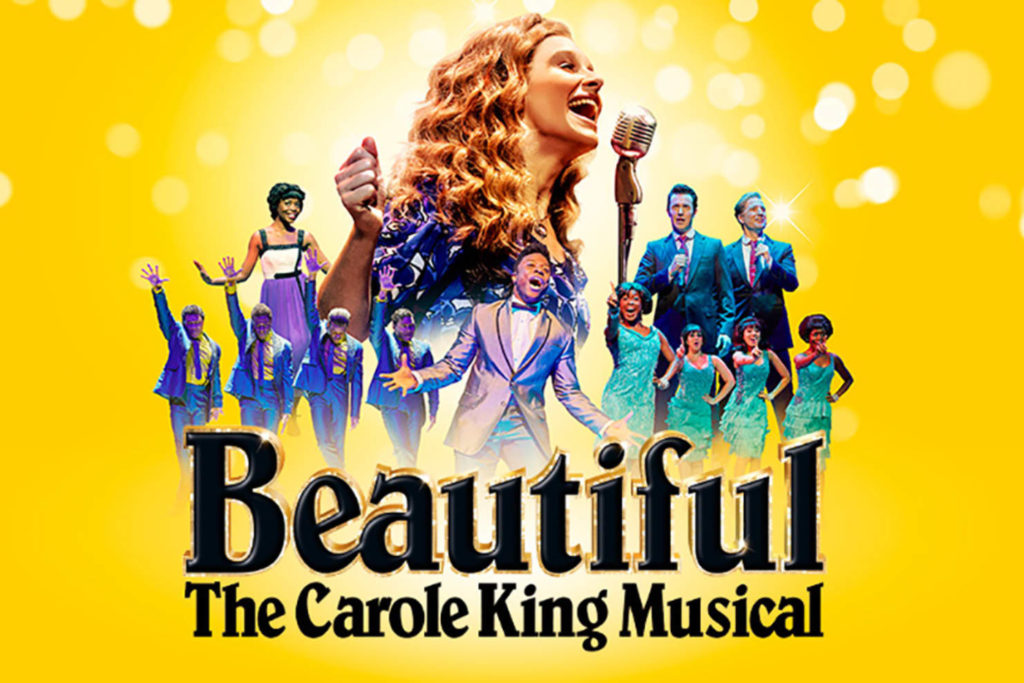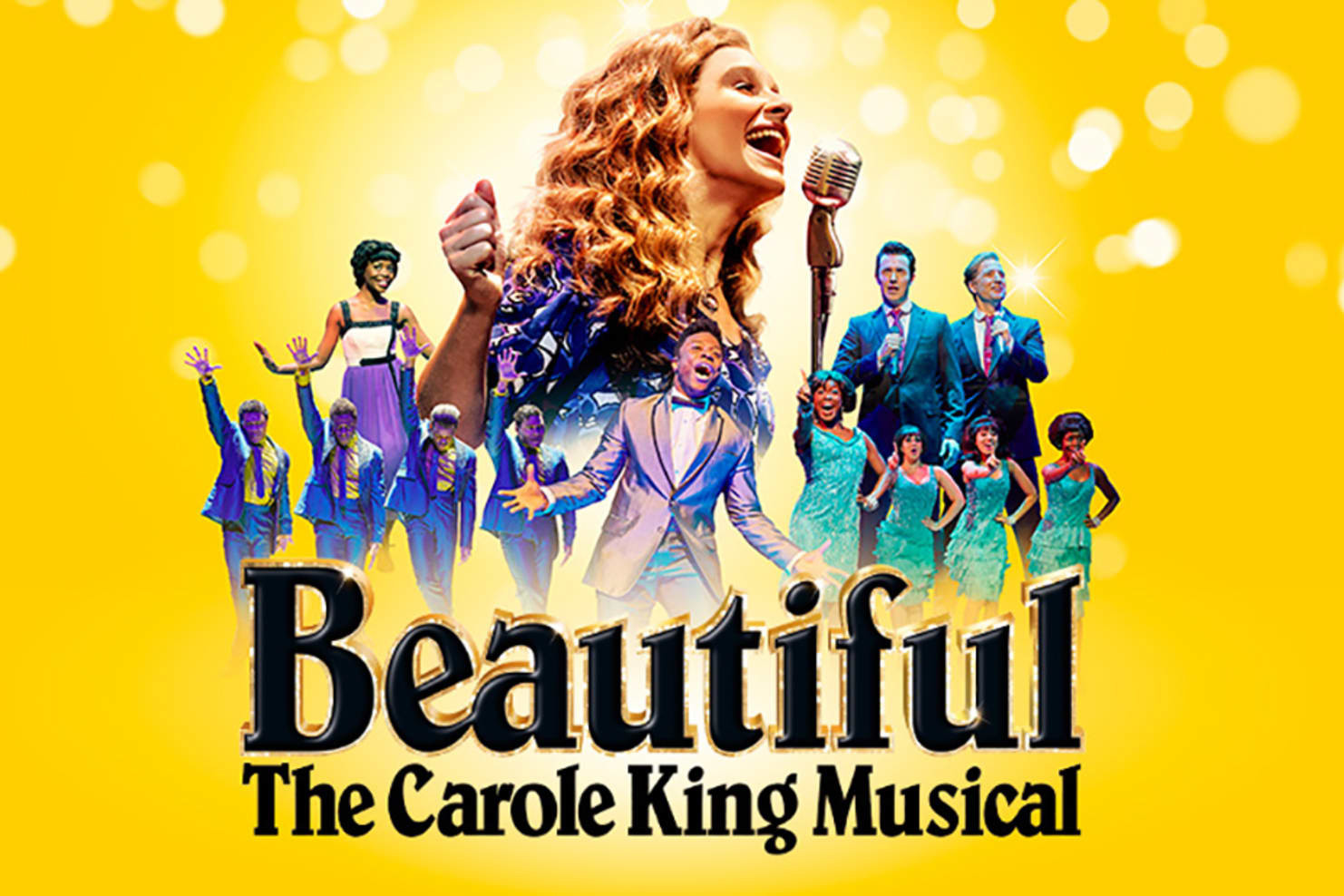
Musical biographies can easily turn into mere hagiography and there are elements of that in the inevitable chronological progress of the remarkable talent that was launched at the (for the time and for a girl) tender age of 18. Carole King’s first major success, Will You Love Me Tomorrow?, was a number one hit for the Shirelles (the first black girl group to reach that spot).
Freshly unwrapped, wound up and bouncing with energy, Daisy Wood-Davis owns the stage as Carole. Inevitably with this genre there is little opportunity for emotional development, but Ms Wood-Davis has a cat’s whisker control over the development of Ms King’s maturing personality as the years pass by, from winsome teenager to international celebrity, from early tussles with a mother ambitious for her daughter to have a career in classical music through to her concert at Carnegie Hall as a successful singer-songwriter of epoch defining music.
In an era which invented the concept of ‘teenager’, most music created for the new demographic was little more than chewing gum for the ears. There were exceptions of course as innovations like those of Buddy Holly opened up new possibilities. What the show reveals is the extent to which Carole King introduced the perspective of a woman into popular music and with it a distinct sensitivity and depth of understanding.
Carole’s husband and collaborator in the early years of her career, Gerry Goffin (Adam Gillian) is shown as restless – emotionally, sexually and creatively – a little flaky by comparison although capable of taking the partnership to enviable success. Mr Gillian makes the most of the dramatic straws the part offers.
Those amiably envying (and arguably matching) the couple’s early success are their colleagues at the Brill Building where they all started out as staff writers for impresario Donnie Kirshner (Oliver Boot) whose nurturing of the young talent could itself provide the material for a musical history of the late 20th century. Carly Cook gives a well-defined Cynthia Weil whose sharp intelligence and wit brings welcome humour as does the mildly neurotic character of her collaborator and future husband, the equally talented, Barry Mann (Cameron Sharp).
After a sluggish start with the inevitable home-life scene setting, director, Marc Bruni sets a decent lick whilst Josh Prince’s choreography seems to flow naturally from the story. The whole company is a well-risen soufflé of talent whilst the band under Andrew Corcoran is tight and pacey.
The show is a perfect vehicle for some classic songs and is a reminder of the depth of talent we have in musical theatre. ★★★★☆ Graham Wyles 26th February 2020


